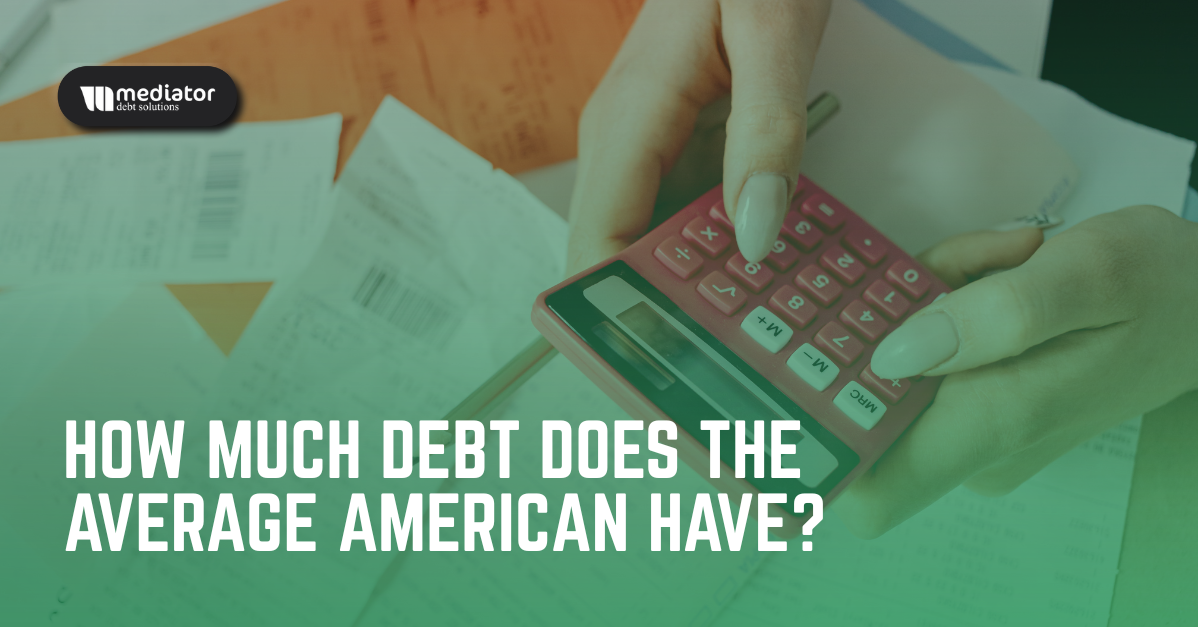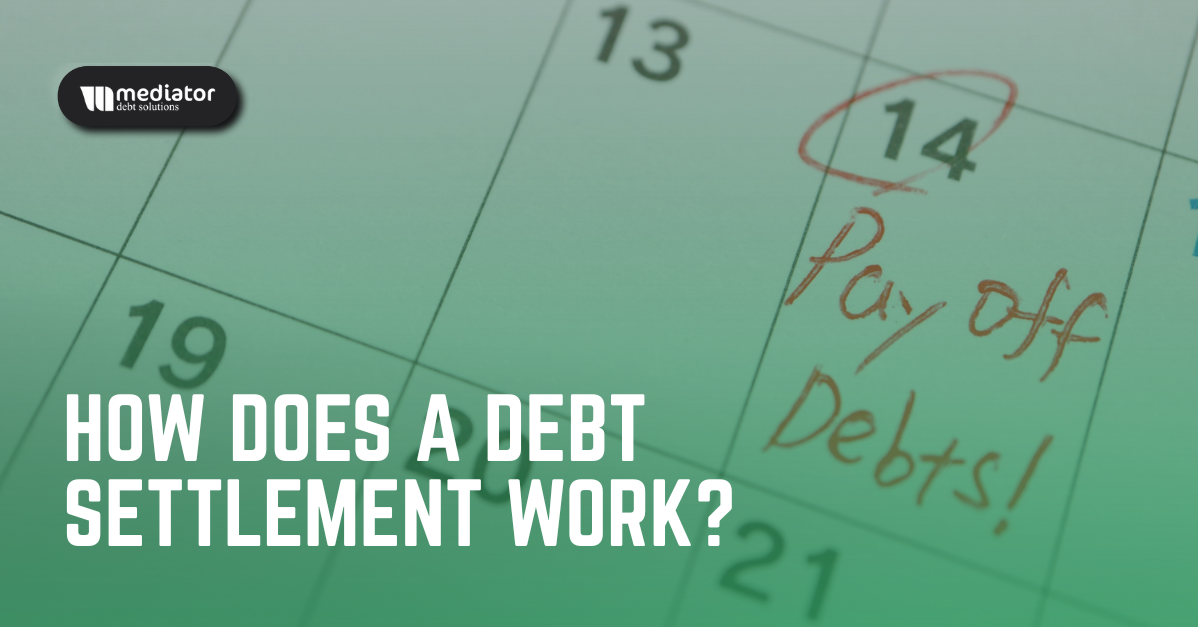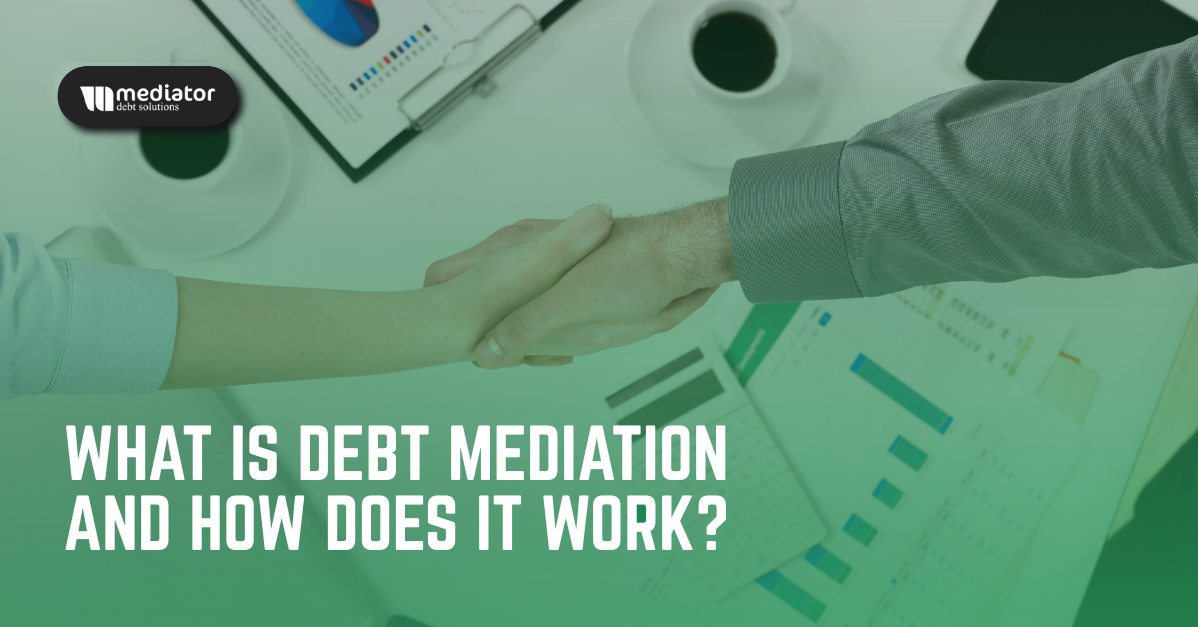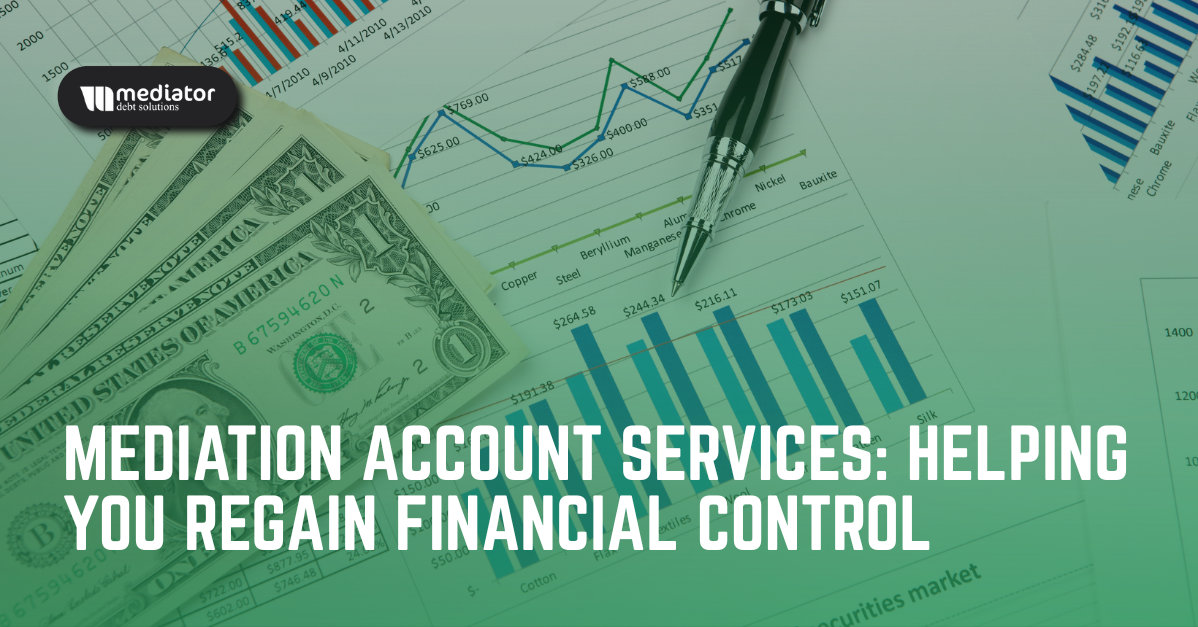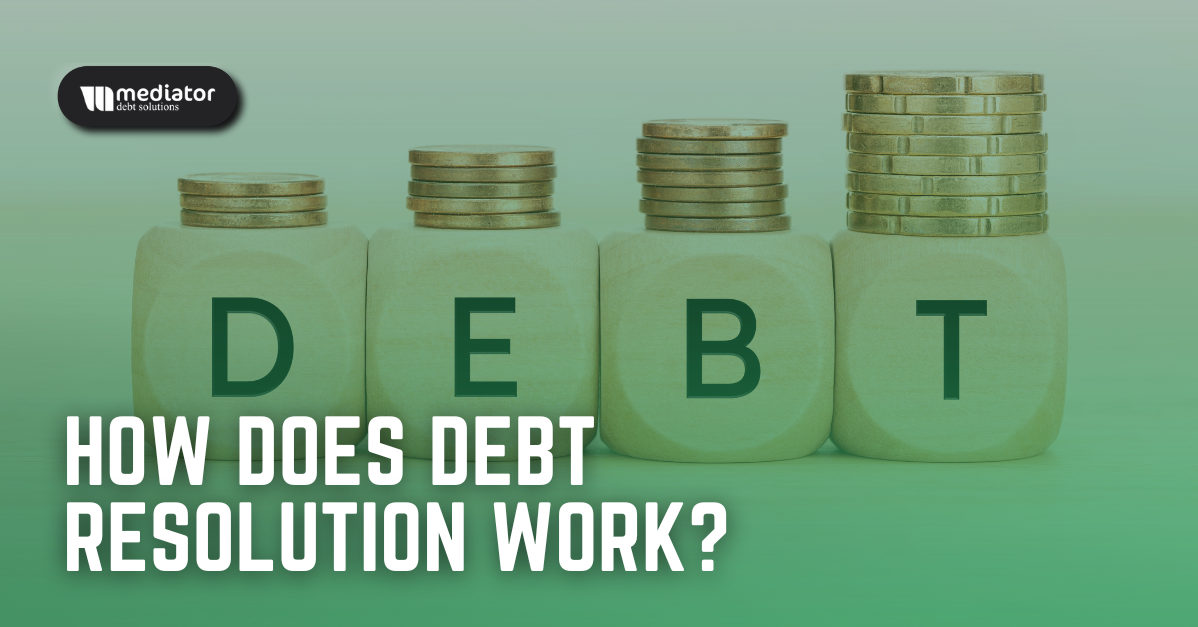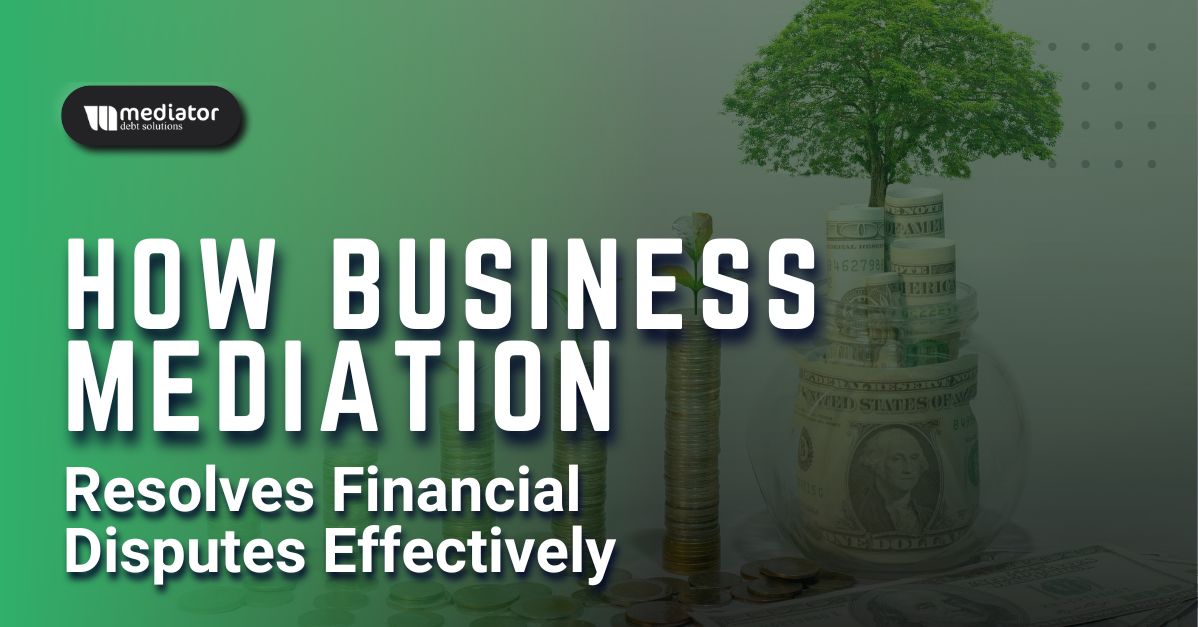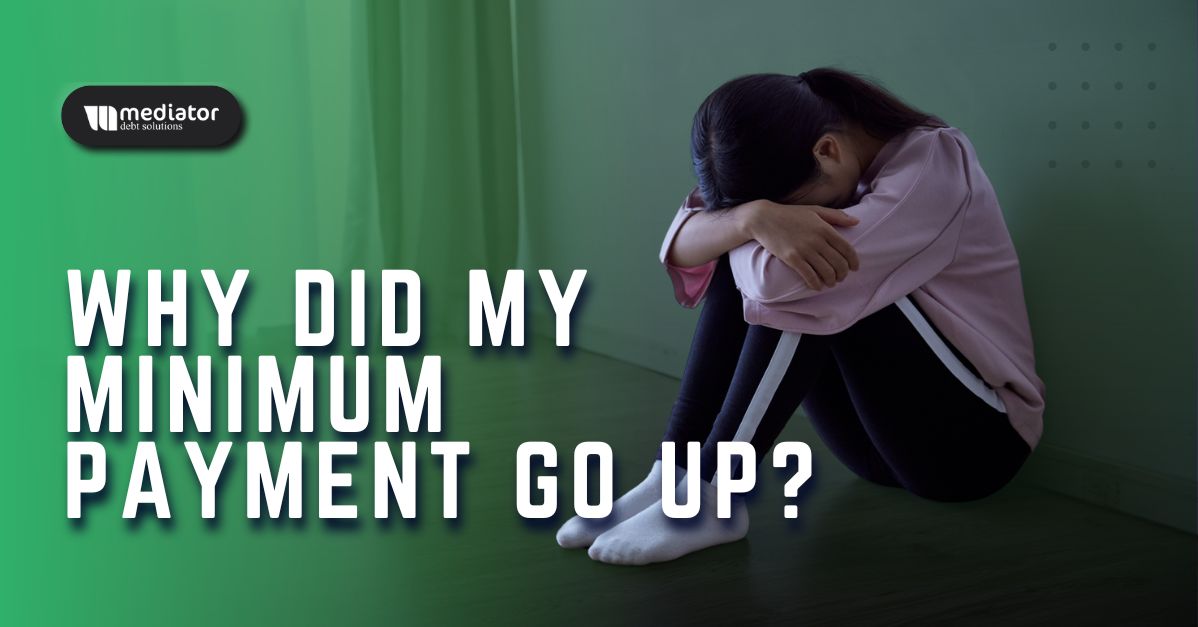Facing a lawsuit from a debt collector is undoubtedly a stressful situation, but you’re not alone in this journey. Let’s address this pressing concern and shed light on the proactive steps you can take.
Mediator Debt Solutions stands as your ally, providing insights on what to do when faced with legal actions and how debt settlement emerges as a powerful tool to navigate these challenging waters. Join us as we explore practical strategies, legal considerations, and the role of debt settlement in finding a resolution that puts you back in control of your financial destiny.
Understanding Debt Collection Lawsuits: Why and When?
Debt collectors may pursue legal action, such as filing a lawsuit, when attempts to collect a debt through traditional means prove unsuccessful. However, it’s essential to understand the legality and circumstances surrounding debt collection lawsuits.
- Failure to Repay
If you consistently fail to repay a debt, a creditor may escalate their efforts, leading to legal action. Non-payment or prolonged delinquency often triggers this response.
- Disputes Over Debt Validity:
Some lawsuits arise when individuals dispute the validity of a debt. Debt collectors may pursue legal action to verify and enforce the debt.
- Debt Ownership Disputes:
If there are disputes regarding who owns the debt or if it has been sold to another collection agency, legal action might be taken to establish ownership.
Legality of Debt Collection Lawsuits
Debt collection lawsuits are legal, but they must adhere to strict regulations outlined in the Fair Debt Collection Practices Act (FDCPA). The FDCPA sets guidelines for ethical debt collection practices, protecting consumers from harassment or unfair treatment.
Debt collectors must provide clear documentation and notifications about the debt, and consumers have the right to dispute the validity of the debt.
However, it’s crucial to note that the legality of a lawsuit depends on various factors, including adherence to statutes of limitations, proper documentation, and compliance with the FDCPA.
Navigating the legality of debt collection lawsuits requires careful consideration of individual circumstances. Seeking legal advice and exploring debt resolution options, such as debt settlement with Mediator Debt Solutions, can provide a strategic and informed approach to address the challenges posed by legal actions.
I’ve Been Sued By My Debt Collector: What Now?
So, you’ve been hit with a lawsuit from a debt collector, and the stress is real. First things first: respond. Whether you do it solo or bring in a legal sidekick, responding is your way of making the debt collector show their cards and ensuring your rights are protected. Don’t skip that court date mentioned in the papers, even if you’re convinced you don’t owe a dime.
Showing up means the debt collector has to prove a few things – that you actually owe the debt, the amount is spot-on, and they’ve got the green light to sue you. Responding or making a courtroom cameo could even open the door to settling the debt. Some collectors would rather dodge a lengthy and pricey legal tango.
Whatever you do, don’t play the ignore game. Even if you’re certain the debt isn’t yours, responding to the lawsuit is your ticket to a better position, lower fees, and more control over how you tackle that pesky debt.
Can Debt Settlement Help If I’ve Been Sued?
Debt settlement can indeed be a valuable strategy if you’ve been sued by your debt collector. Through negotiations, it offers the potential to reduce the total debt amount, create a structured repayment plan, and avoid legal consequences.
Opting for debt settlement empowers you to protect your financial interests, potentially save on legal costs, and actively participate in resolving the debt on terms that are more favorable and manageable for you. If you opt for debt settlement, Mediator Debt Solutions can provide expert assistance, guiding you through the process to achieve a more secure financial future.





